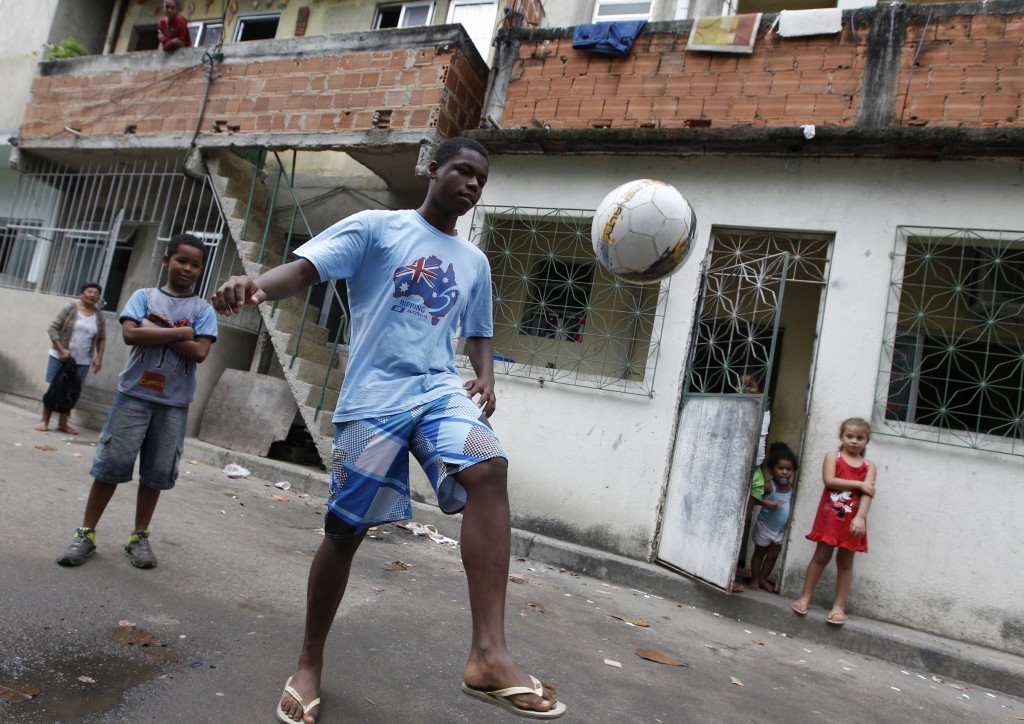
Described as the world’s greatest tournament, the FIFA World Cup 2014 has caught the attention of millions of people around the globe, but for the first time in history, the game has been overshadowed by the troubles in Brazil, the host nation.
In the months leading up to the event, thousands of Brazilians have faced eviction, with the tournament putting pressure on living costs, forcing the people who live in the favelas or slums to move elsewhere.
In a country where one in 17 people live on less than US$1.25 per day, this has resulted in widespread riots and unrest, leading members of the Brazilian bishops’ conference to say there has been an “inversion of priorities, with public money that should have been used in health, education, sanitation, transportation and security” being used to build large stadiums.
As a move towards harmony, Brazil Caritas have launched their ‘Sports for Justice’ campaign, and the petition has been signed by Fred Sim, a member of Perth’s Young Christian Workers (YCW).
“Football to me is more than just a sport.” Mr Sim told The Record. Growing up in Malaysia, Mr Sim said football had a social context, similar to what the game has in many parts of Europe and South America, including Brazil.
“Even at a superficial level, at the very least, football means community,” Mr Sim said.
“It means supporting the school team, the state team and the national team.
“At a deeper level, through the lenses of our faith, football and any team sport represents solidarity in the form of team work to reach a common goal… and hope, because one could work hard and use their talents to fulfil their potential, despite their social background.”
The social structure in Brazil has many vulnerable communities, who at a time of celebration for the World Cup have been reduced to a time of uncertainty and injustice.
The petition by Caritas is calling for fairer and more sustainable sporting events.
Mr Sim said he felt conflicted about the troubles in Brazil, believing that, on the one hand, violence, including intimidation from both authorities and protesters, should not be condoned, and, on the other hand, feeling sympathy for those protesting because of the fact that despite football being the people’s sport and their homeland being the host nation, they have not only been financially restricted from access to the games, but have also been sidelined in the decision making processes with regards to the developments that have occurred as a result of their nation hosting the World Cup.
“I have also sent the petition on to my contact groups, including the Australian YCW to encourage us all to educate ourselves about the situation,” he said.
“An action that has come out of this was that the AYCW has contacted our Brazilian counterparts to get their views on the matter which will be published on the AYCW blog in due course.”
The Caritas team is encouraging people to sign the petition and to share it through the use of social media, including Facebook and Twitter.